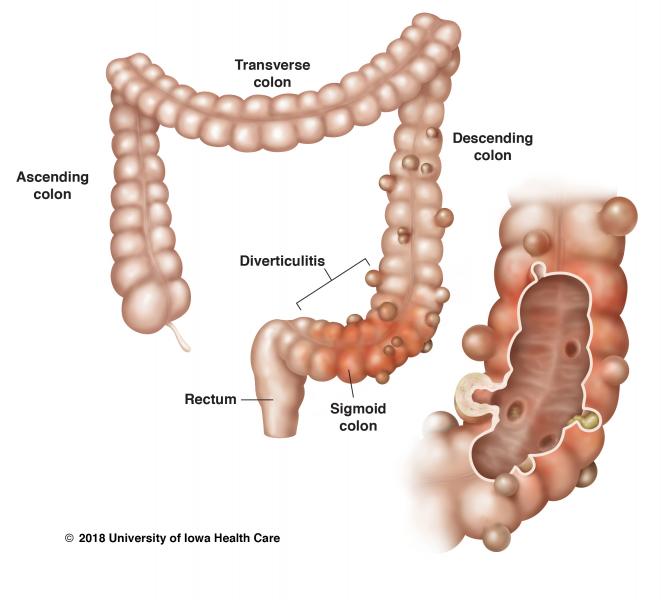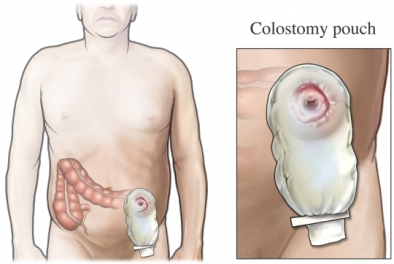There are many diseases and conditions involving the colon which need surgery as their treatment. The most common reasons for colon surgery are large polyps, tumors, and diverticulitis.
Polyps
A benign polyp is a non-cancerous growth, ranging in size from a pea to a golf ball. The larger the polyp, the greater the chance of developing colon cancer. Early removal of polyps may prevent them from progressing to colon cancer.
Cancers
A cancer is made up of abnormal cells that are growing out of control. Cancers can grow into the colon lining and spread to other parts of the body. The earlier cancers are removed, the greater the chance of preventing their spread.
Diverticulosis/Diverticulitis
These are small outpouchings in the colon which result from increased pressure inside the colon lumen. There are many factors which cause this. They may result in recurrent infection, bleeding, or rupture. Removal of the segment of colon containing the diverticula will help to prevent these complications.
Colon Surgery
Most colon surgeries remove the affected piece of colon (resection) and stitch or staple the two new ends together (anastomosis). This operation is often performed through an incision running vertically in the middle of the abdomen, or laparoscopically (minimally invasive) in some cases. In this type of surgery, smaller incisions are made. A camera is inserted through one of the small incisions and is used to see the colon and other structures. Laparoscopic Colon Surgery is associated with quicker recovery, less pain, and less scarring.
